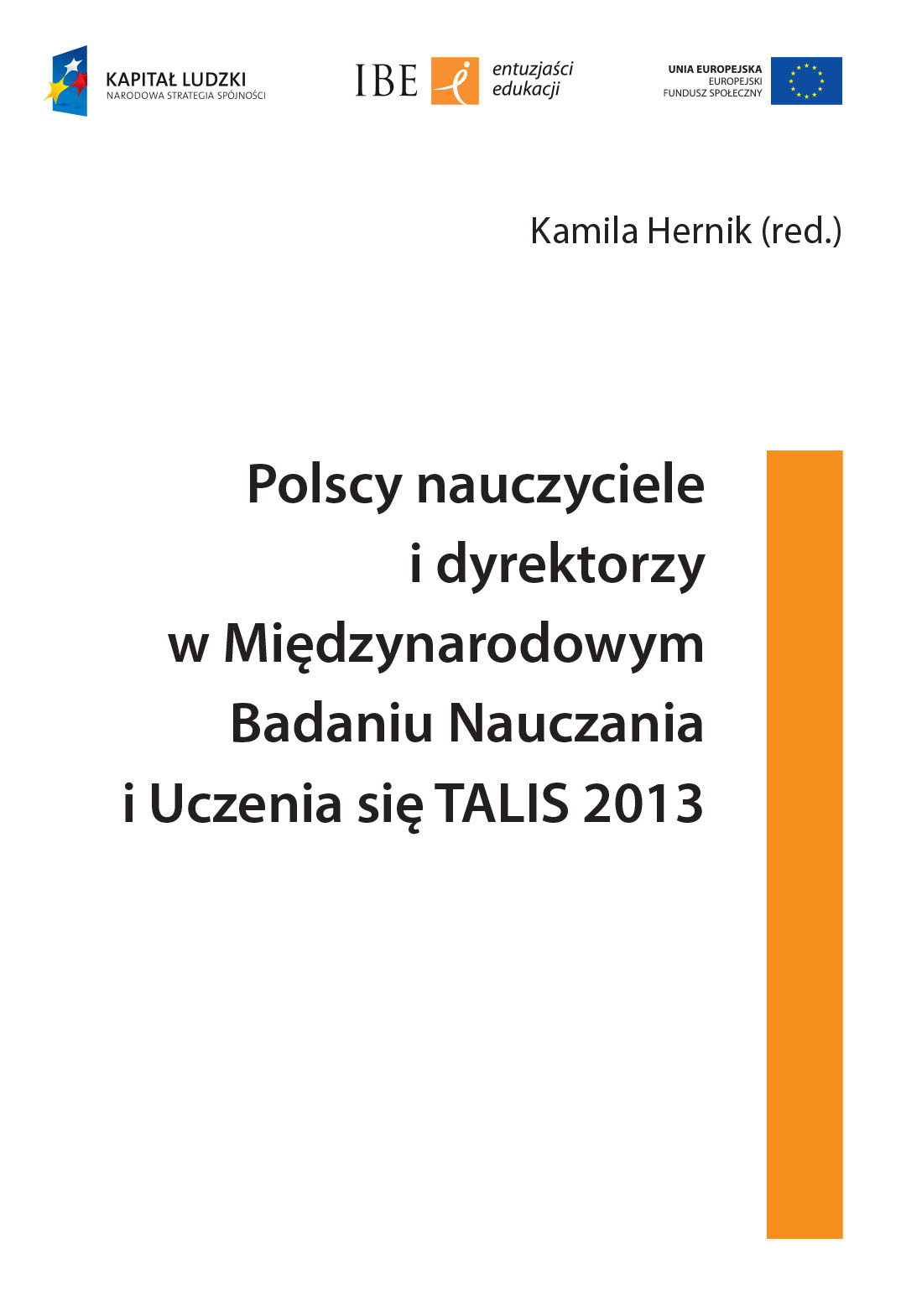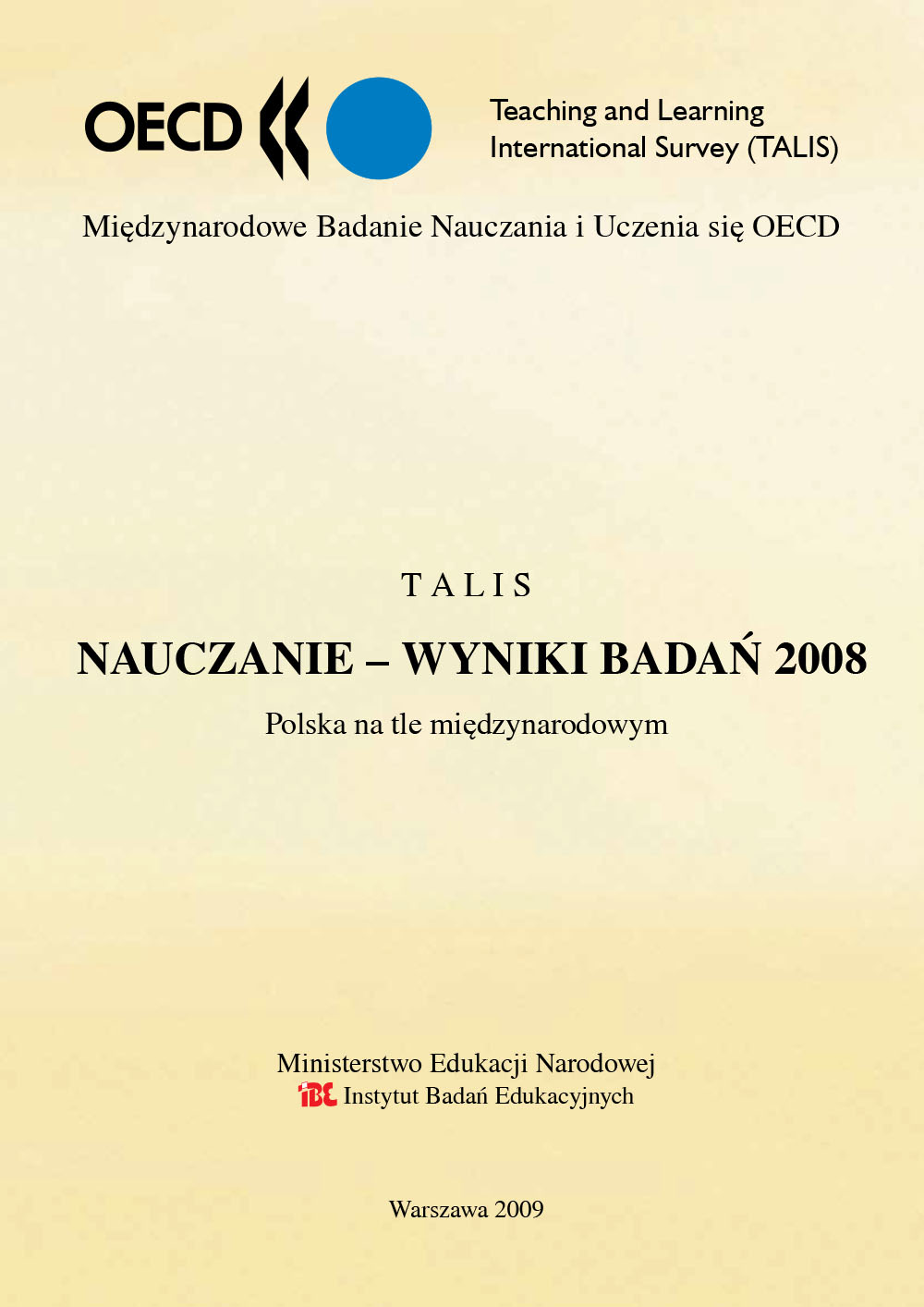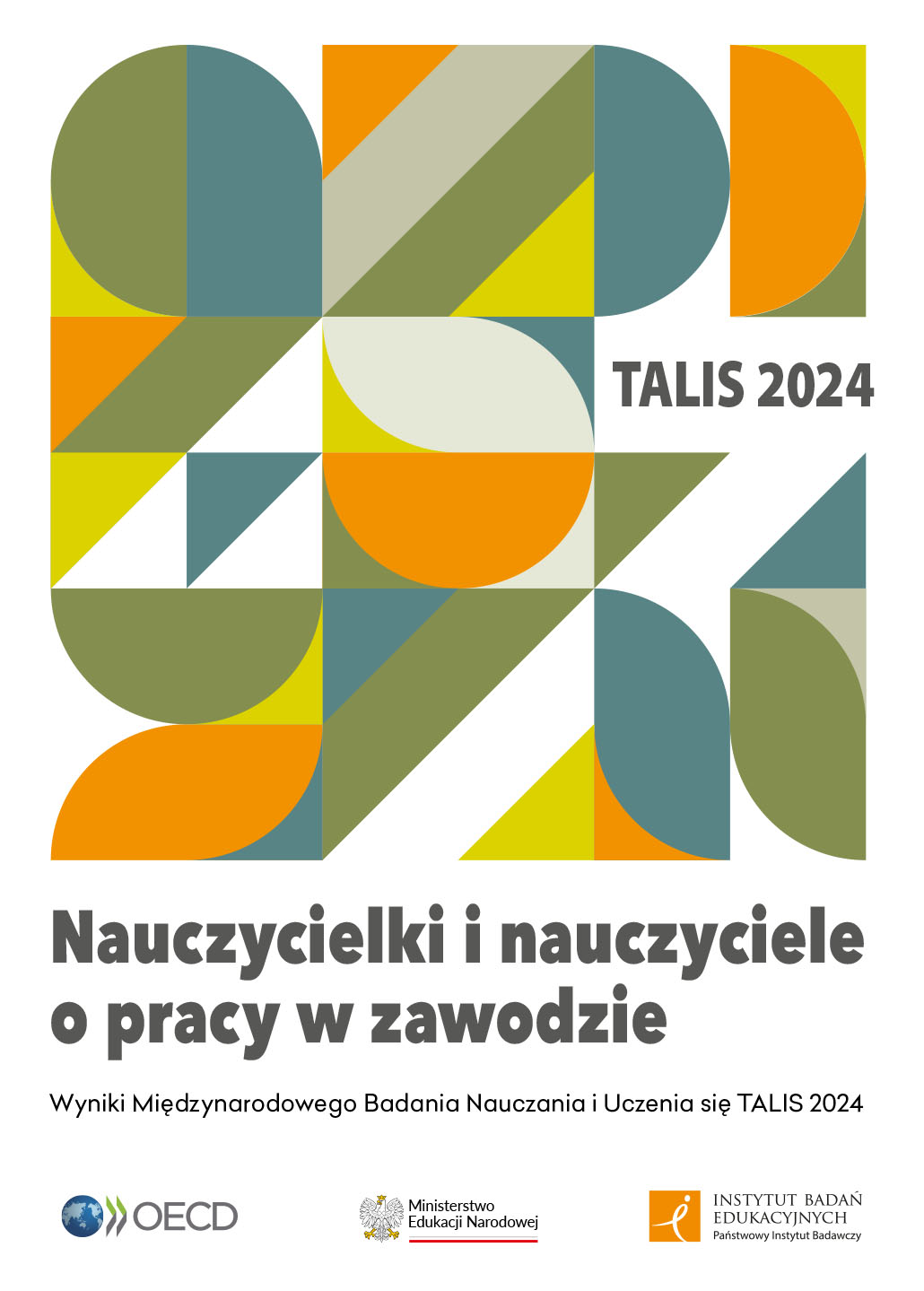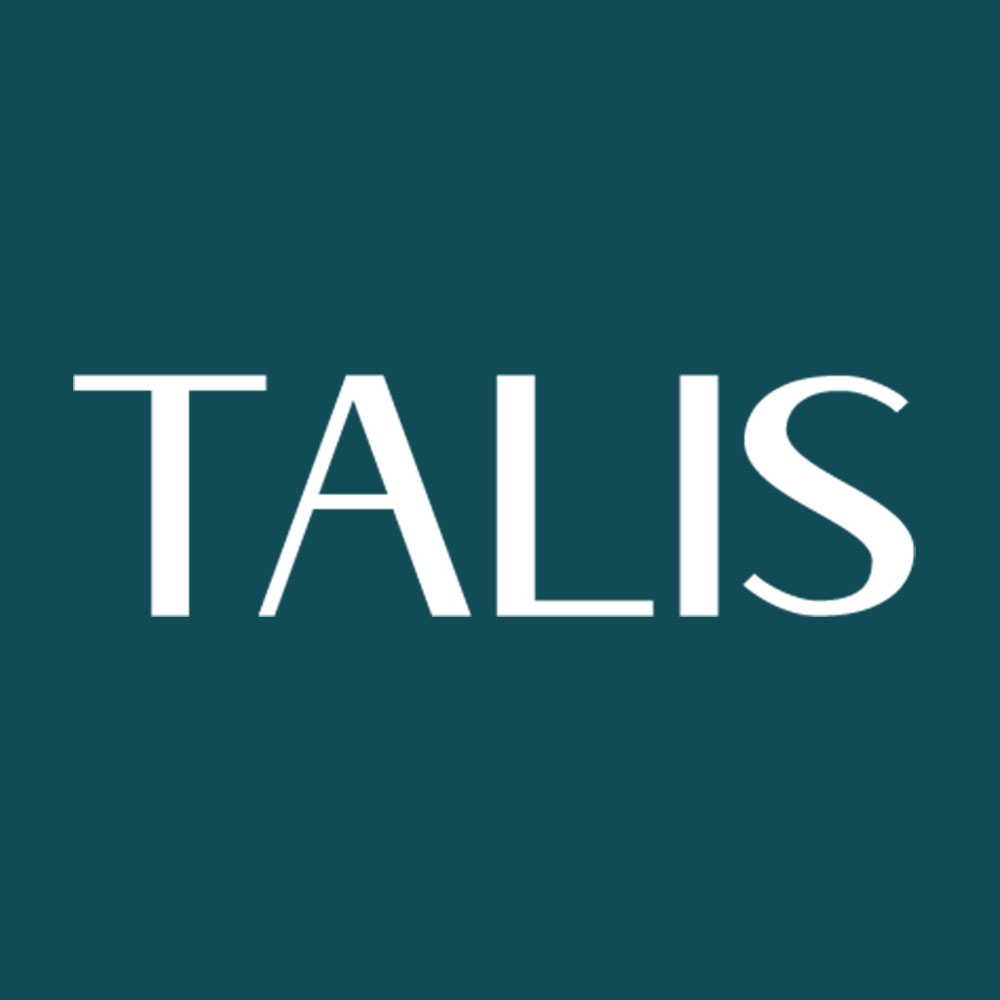TALIS was initiated and is organized by the Organisation for Economic Co-operation and Development (OECD). The study’s priorities are set by the TALIS Governing Board. The study involves collaboration with many partners, including the European Commission, Education International (an international federation of teachers’ unions), as well as participating countries and an international research consortium.
The goal of the study is to describe the conditions of teaching and learning, providing insight into the realities of school work from the perspective of teachers and school principals.
TALIS is a cyclical study, originally conducted every five years and now every six years. To date, four cycles have been completed. Poland participated in three of them: in 2008, 2013, and 2024.
The topics covered in TALIS include teacher professional development, teachers’ responsibilities and the time spent on them, teaching practice, school management, and job satisfaction. For the first time, TALIS 2024 included an optional module on teachers’ pedagogical knowledge, focusing on the practical and expert knowledge of a teacher, independent of the subject taught. Poland is one of eight countries participating in this module.
The TALIS study is conducted among teachers and school principals at ISCED Level 2 (lower secondary education). In Poland’s case, this included lower secondary school (gimnazjum) teachers and principals in 2008 and 2013. In the 2024 cycle, participants include 5th–8th grade primary school teachers and primary school principals. TALIS also enables countries to participate in additional survey components for teachers and principals at other levels: ISCED 1 (primary), ISCED 3 (upper secondary), and ISCED 01/02 (early childhood education and care). Teachers in Poland at ISCED levels 1 and 3 participated only in the 2013 study.
The study is conducted on a representative, random sample of teachers and school principals. The sample selection is a two-stage process: first, schools are randomly selected, and their principals are invited to participate. Then, teachers are randomly selected from within those schools.
During the study, teachers and principals complete questionnaires. While paper versions dominated in the first cycles, the study has gradually transitioned to a digital format. Nearly all countries participating in TALIS 2024 conducted the survey online.
In Poland, the Educational Research Institute – National Research Institute is responsible for implementing the TALIS study, on behalf of the Ministry of National Education.
The first cycle of the study included 24 countries, one of which was Poland. The number of participating countries has grown significantly since then. Over 50 countries and regions took part in TALIS 2024.
For more information, please visit the Polish study website and the OECD website.
The study assessment framework
The scope and assumptions of each TALIS cycle are presented in the assessment framework. The scope of the first study cycle was developed by experts and representatives from the participating countries. The frameworks for successive cycles maintain a continuity that is essential for making comparisons across cycles. However, they are reviewed and updated for each cycle to reflect, among other things, the findings from the latest research, as well as changes in school organization and pedagogy. Experts and representatives from the participating countries are involved in this process.
The theoretical framework for each TALIS cycle is available on the OECD website.
Country Reports – Poland
Country reports are prepared by the national research teams. The Polish reports provide a more detailed discussion of the results concerning Poland and the teachers and principals in Polish schools.
TALIS 2024
Polish TALIS 2024 Report
Katarzyna Paczuska (red.), Katarzyna Kutyłowska, Paweł Penszko, Michał Sitek, Agnieszka Telusiewicz-Pacak, Olga Wasilewska, Urszula Wągrowska
Instytut Badań Edukacyjnych – Państwowy Instytut Badawczy, 2025
TALIS 2013

Polish TALIS 2013 Report
Hernik K. (red.) (2015). Polscy nauczyciele i dyrektorzy w Międzynarodowym Badaniu Nauczania i Uczenia się TALIS 2013
Warszawa: Instytut Badań Edukacyjnych
TALIS 2008

Polish TALIS 2008 Report
Piwowarski R., Krawczyk M. (2009). TALIS. Nauczanie – wyniki badań 2008. Polska na tle międzynarodowym
Warszawa: Instytut Badań Edukacyjnych
International Reports
International reports presenting the results of each study cycle, as well as other publications and materials related to the study are available on the OECD website.
TALIS 2024
This study cycle lasts from 2022 to 2026. The main study among teachers and school principals was conducted in the spring of 2024. The release of the main results is planned for late 2025, and the publication of the databases is scheduled for 2026.
The detailed schedule for the TALIS 2024 study is available here.







